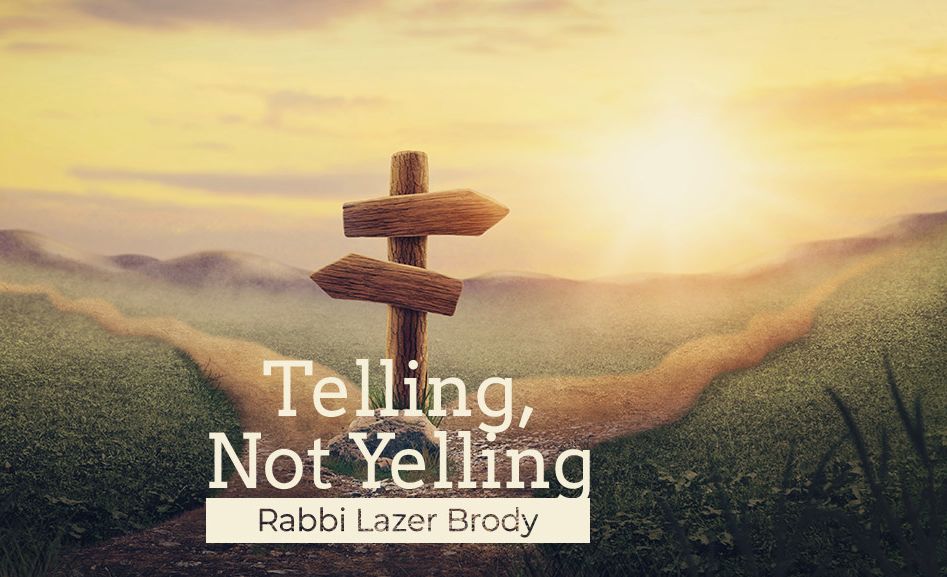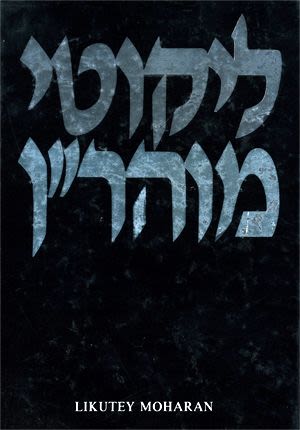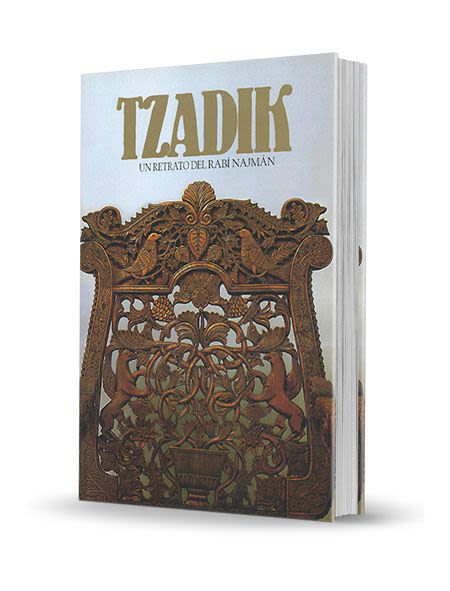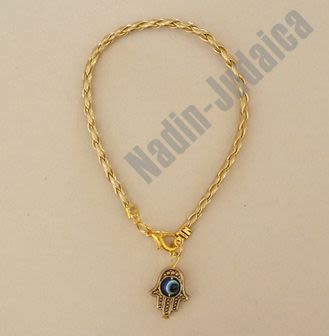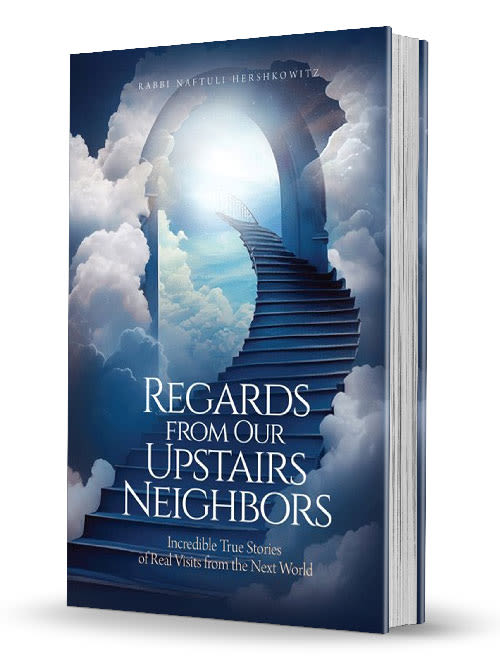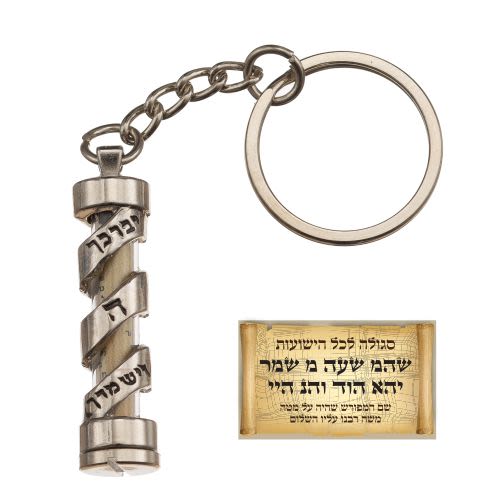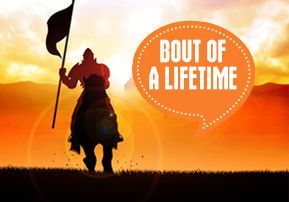
Vayishlach: Bout of a Lifetime
If you saw how your soul shines with dazzling brilliance every time you overcome the evil inclination even in the tiniest way, you'd really be happy...

"And he [the angel] said, 'Your name shall no longer be Jacob, but Israel, for you wrestled with and angel of G-d…and you prevailed." (Genesis 32:29).
Did you ever stop and think why we are known as "The People of Israel"? We refer to our nation as a whole, which includes our brethren wherever they are, as Klal Yisroel, the Assembly, or general populace of Israel. It doesn't matter if you're in London, New York, Buenos Aires or Hong Kong, if you're Jewish and you haven't willfully forsaken your Judaism, Heaven forbid, you are part of Klal Yisroel, the Assembly of Israel.
Why the name Israel? Why not refer to our people as "The Jewish People"? The famous song that everyone sings around the globe is Am Yisroel Chai, the Nation of Israel lives. What is the intrinsic meaning of referring to ourselves as the "Nation of Israel" rather than "The Jewish People"?
The reason is simple – it's to show that we're all descendants of Jacob, whose name was changed to Israel after he wrestled all night long with an angel of G-d. That angel, as our sages tell us, was the evil inclination himself, Esau's administering angel. Once Jacob overcame the angel, Esau lost all power over him. Israel was therefore a champion wrestler; at daybreak after fighting all night long, he stood in the greatest winner circle history ever knew, receiving the gold medal from Hashem's very angel who lost the  finals to Jacob, now called Israel.
finals to Jacob, now called Israel.
We Jews around the world refer to ourselves as the Nation of Israel, because we are all wrestlers too. Actually, we're more than wrestlers – we're serious fighters, and I'm not referring to Krav Maga, F16s or Mekava Mark IV tanks. The holy Rabbenu Bachiya ibn Pekuda explains how, in the following parable[1]:
A wise man greeted a group of jubilant triumphant the soldiers who returned from a victorious campaign against their enemies, after they won the last and fiercest battle of the war, finally subduing the enemy and bringing home a wealth of spoils. The wise man said to them, "Your celebration of victory is premature, for you only prevailed in the small war. You have yet to fight the big war."
The soldiers asked, "What could be a bigger war than what we fought?"
Answered the wise man, "The war against the evil inclination and its legions."
* * *
We all think of the evil inclination as something disgusting – it is. But, as was Esau's angel, the evil inclination is nonetheless and angel of G-d. Why does Hashem give us an evil inclination? One cannot be called a champion if he never overcame the competition. People wouldn't pay thousands of dollars for a Super Bowl ticket if there were only one team on the field. So, when you carry the name of "Israel" on your soul's ID card, it means that you're up against a tough opponent. Just as our forefather Jacob/Israel was a fighter, so are we. And, the fight isn't over after ten rounds – it's a lifetime fight, 120 years long.
People often ask me, "What, I have to struggle for a lifetime?" That is part of our being Jews. We're like butterflies – if we don't fight our way out of the ugly cocoon (a metaphor for the evil inclination's grasp), we'll never be vibrant or beautiful. Maybe you look in the mirror and you don't see a person of exquisite beauty, but if you looked in a spiritual mirror and saw how your Divinely-embedded soul shines with dazzling brilliance every time you overcome the evil inclination even in the tiniest way, you'd not only love yourself a lot more but you'd be fired up to take the battle to the next level and you'd fight even harder. So don't ever forget: you're a son or daughter of Israel, you're a natural fighter and you're a winner too. I can't wait for you to hear the same message from the Moshiach himself, for that's exactly the motivational message he'll be giving every one of us, soon and in our days, amen!
[1] Chovot Halevavot (Duties of the Heart), Shaar Yichud Hama'ase, Ch. 5


